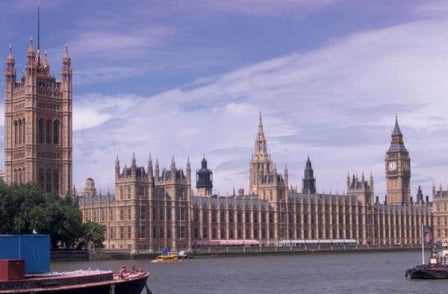
The FT, Independent and Guardian today joined forces to back a statutory element to the new press regulation regime.
In a move aimed at shifting the political deadlock all three papers have admitted that some legislative element is needed to shelter a Royal Charter-backed press regulator from future tampering by ministers.
And they have set themselves at odds with the demands of the rest of the press industry – as represented by the trade bodies behind the Industry Implementation Group – by accepting that the regulator Recogition Panel, proposed in the Royal Charter, be genuinely independent of the press.
Under the Conservative Royal Charter plan the press industry would have one representative on the Recognition Panel in an apparent compromise thrashed out during months of secret talks.
The Guardian says today in its leader column: “A clause underpinning a Royal Charter to establish a Recognition Panel does not, in our minds, amount to statutory control of the press. We do not see it as a threat to press freedom.
“If we’re to have a backdoor constitutional fudge over press regulation, it’s better that it could be amended only in the open with the agreement of an overwhelming majority of Parliament. A royal prerogative that can be unpicked by mnisters in private does not feel like a solid bastion of free expression.”
The FT today warned that the “failure to agree a new statutory regime is putting at risk important economic reforms”.
Both the Crime and Courts Bill and Enterprise and Regulatory Reform Bill are currently facing possible Leveson-law amendments being attached to them which could stop their progress through Parliament (as has happened with the Defamation Bill).
The FT also points out that the “secrecy surrounding talks between the media and the government has fuelled mistrust”.
Since the Leveson report was published the only public briefings given on behalf of the press industry have been given by PCC chairman Lord Hunt. But he has made clear that he does not speak for the industry, leading to some evident frustration on the part of journalists.
The FT points out that the Royal Charter which governs the BBC allowed Tony Blair to change its governance in the wake of the Iraq war without parliamentary approval.
The FT proposes that a single clause be added to a bill to ensure that a majority of both houses of Parliament is needed to change the press regulation charter.
The Independent says in its leader column: “the priority now must be for the industry’s – justifiable – role in shaping its own regulatory future to move out of the shadows. Thus far, talks have been conducted behind closed doors only, creating a damaging and wholly erroneous impression that there is something to hide.”
Email pged@pressgazette.co.uk to point out mistakes, provide story tips or send in a letter for publication on our "Letters Page" blog
